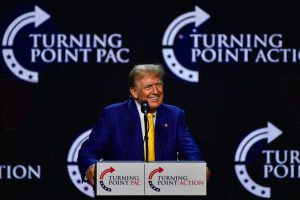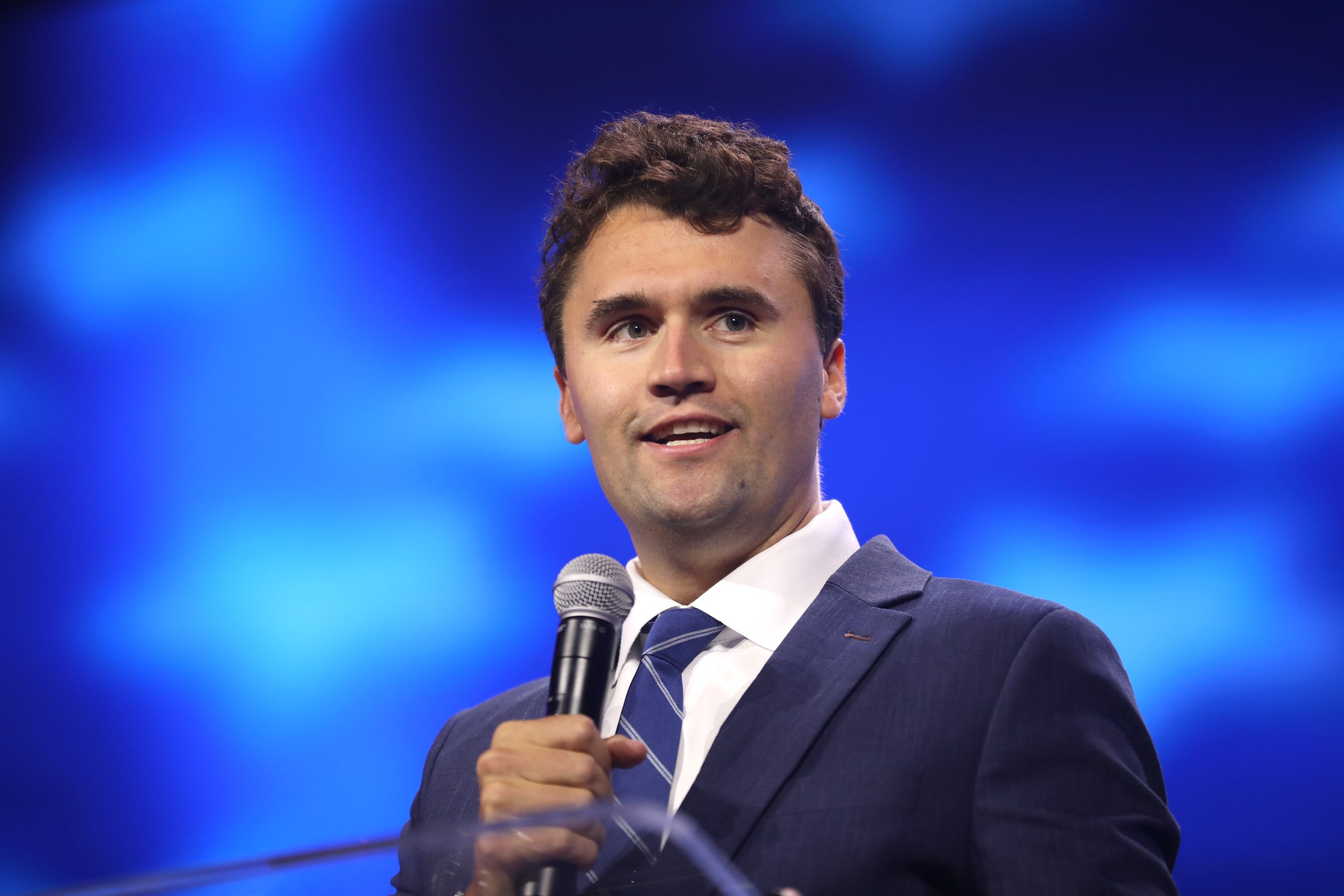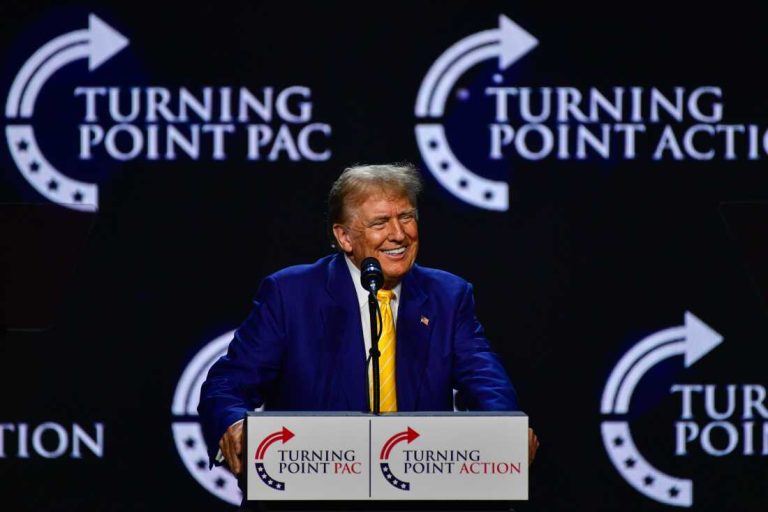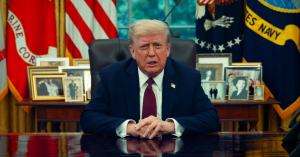The assassination of Charlie Kirk, founder of Turning Point USA, continues to send shockwaves across the United States. The 31-year-old activist was fatally shot on September 10, 2025, during a campus event at Utah Valley University in Orem, Utah. The killing has been described by state leaders as a political assassination and has prompted a nationwide outpouring of grief and condemnation of political violence.
But in the hours immediately following the shooting, controversy erupted on live television when one network analyst made comments that viewers and officials quickly deemed inappropriate. The fallout was swift, leading to his dismissal from MSNBC and sparking fresh debate over media responsibility during moments of national tragedy.
The Shooting at Utah Valley University
Charlie Kirk was hosting one of his signature “Prove Me Wrong” debate events at Utah Valley University when the attack occurred. The event, staged under a tent in a central area of the campus, drew hundreds of attendees, including his wife and two young children.
Around midday, a single shot was fired from an elevated position — believed to be from a rooftop approximately 200 yards away. The bullet struck Kirk in the neck, sending the crowd into chaos. Video footage from the scene appeared to show a figure on a campus rooftop around the time of the shooting, followed by images of a person fleeing the area.
Two individuals were initially detained near the scene but were later released after police determined they had “no current ties” to the assassination. As of now, the shooter remains unidentified and at large, with local and federal authorities pursuing a coordinated manhunt.
Controversial On-Air Comments
As breaking news unfolded, major networks provided continuous coverage and brought in commentators to reflect on the tragedy. On MSNBC, one analyst was asked to address “the environment in which a shooting like this happens.” His answer, delivered just hours after Kirk’s death, drew immediate backlash.
He suggested that Kirk himself had contributed to the divisive climate that could produce such violence. Speaking live, he remarked that Kirk had been “one of the most divisive younger figures” in American politics, accusing him of pushing rhetoric aimed at certain groups. He went on to describe a chain reaction where “hateful thoughts lead to hateful words, which then lead to hateful actions,” concluding that Kirk’s death was part of “the unfortunate environment we are in.”
Viewers reacted angrily, accusing the analyst of appearing to justify or explain away the assassination rather than focusing on condemning the act itself. Critics said the comments were both untimely and insensitive, especially in the immediate aftermath of a high-profile killing.
Identification and Fallout
The analyst in question was later identified as Matthew Dowd, a veteran political commentator and strategist who had served as a regular contributor for MSNBC. Within hours of the broadcast, MSNBC’s president, Rebecca Kutler, issued a public statement.
“During our breaking news coverage of the shooting of Charlie Kirk, Matthew Dowd made comments that were inappropriate, insensitive and unacceptable. We apologize for his statements, as has he. There is no place for violence in America, political or otherwise,” the statement read.
Soon after, the network confirmed that Dowd had been dismissed. His departure underscored the seriousness with which MSNBC regarded the misstep and its determination to distance the network from the remarks.
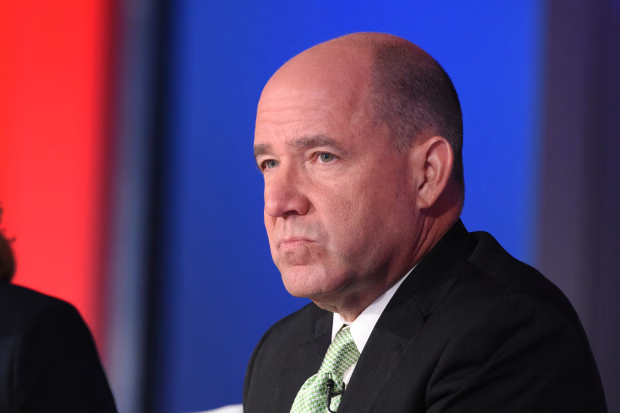
Dowd’s Apology
Following the backlash, Dowd posted a message on Bluesky to address the controversy directly. His statement read:
“I apologize for my tone and words. Let me be clear, I in no way intended for my comments to blame Kirk for this horrendous attack. Let us all come together and condemn violence of any kind.”
The apology, while conciliatory, did little to calm critics who argued that his comments had already caused harm. Supporters, however, said the apology reflected genuine regret and a willingness to accept accountability.
Broader Media and Public Reaction
The firing has fueled broader discussion about how journalists and analysts should handle tragedies of this scale. Many observers emphasized the importance of compassion and restraint when commenting in the immediate aftermath of violent events. Others argued that it raised questions about free expression, suggesting that Dowd’s words — while controversial — reflected a broader critique of toxic political rhetoric that is itself part of the national conversation.
Regardless of perspective, the incident highlighted the high stakes of live television commentary. In moments when emotions are raw and details are still emerging, even small missteps can have enormous consequences for careers and reputations.
A Nation in Mourning
Meanwhile, the investigation into Charlie Kirk’s assassination continues. His death has left a void in the conservative movement and sparked bipartisan calls to reject political violence. President Donald Trump, announcing Kirk’s death on Truth Social, described him as a “patriot, a friend, and a warrior for America’s youth.”
Public figures across the political spectrum, from House Speaker Mike Johnson to Democratic Leader Hakeem Jeffries, condemned the killing. Former presidents Barack Obama and Joe Biden also issued statements urging Americans to reject hatred and violence.
For Kirk’s family — his wife Erika and their two young children — the tragedy is deeply personal. For the nation, it serves as yet another reminder of the rising threats facing public figures and the urgent need to confront political polarization.
Conclusion
Charlie Kirk’s assassination was already one of the most shocking political events in recent memory, and its ripple effects are still being felt. Amid the grief, the firing of Matthew Dowd at MSNBC has added a new layer of controversy, underscoring how moments of crisis test not only political institutions but also the media’s ability to respond responsibly.
As the investigation continues and the search for the shooter intensifies, Kirk’s death remains a turning point — not just in politics but in the wider conversation about how America grapples with violence, rhetoric, and the responsibilities of those who shape public discourse.

James Jenkins is a celebrated Pulitzer Prize-winning author whose work has reshaped the way readers think about social justice and human rights in America. Raised in Atlanta, Georgia, James grew up in a community that instilled in him both resilience and a strong sense of responsibility toward others. After studying political science and creative writing at Howard University, he worked as a journalist covering civil rights issues before dedicating himself fully to fiction. His novels are known for their sharp, empathetic portraits of marginalized communities and for weaving personal stories with broader political realities. Jenkins’s breakout novel, Shadows of Freedom, won national acclaim for its unflinching look at systemic inequality, while his more recent works explore themes of identity, resilience, and the fight for dignity in the face of oppression. Beyond his novels, James is an active public speaker, lecturing at universities and participating in nonprofit initiatives that support literacy and community empowerment. He believes that storytelling is a way to preserve history and inspire change. When not writing, James enjoys jazz music, mentoring young writers, and traveling with his family to explore cultures and stories around the world.
